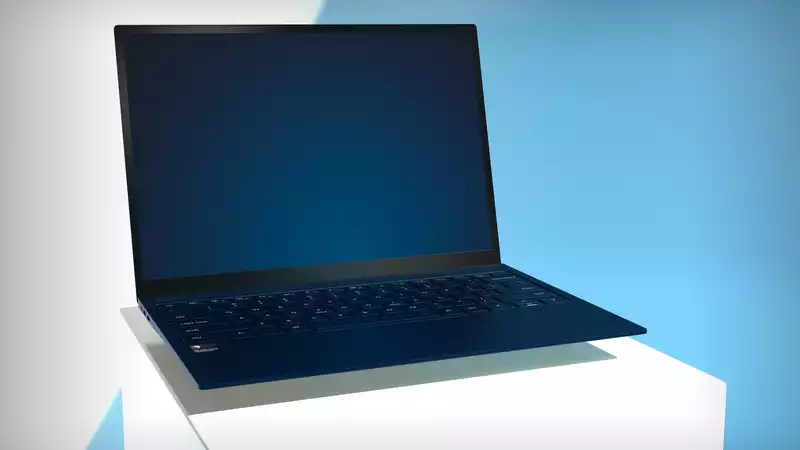Qualcomm makes chips that go into a small number of Windows devices, including the Surface Pro X, but it's fair to say that the company's presence in laptops is nowhere near as strong as in the mobile world, where it powers all of the excellent Android phones
However, the company's new CEO, Cristiano Amon, outlined plans to change this situation in an interview with Reuters He told the magazine that he believes Qualcomm can design the best chips on the market, and that its plan to take on both Intel and Apple's M1 laptop hinges on the acquisition of a company started by Apple's own chip-making alumni, something that intrigues him
Earlier this year, when Amon was still head of Qualcomm's chip division, the company announced it would acquire Nuvia, a startup founded by three former Apple engineers with chip design backgrounds, for $14 billion The company plans to begin selling laptop chips designed by Nuvia next year, hoping to make a dent in both Apple and Intel in the process
This is a rather large strategic change in direction, as the company previously sold PC chips using designs licensed from ARM, but according to Amon, it is a necessary one
"For a battery-powered device, it had to have top-class performance," Amon told Reuters
"If Arm, with whom we have a long-standing relationship, eventually develops a CPU that is better than what we can produce ourselves, then we always have the option of licensing it from Arm"
Battery life is certainly an area where Apple has benefited greatly from switching to chips made in-house Last year's M1-equipped MacBook Air lasted 14 hours and 41 minutes in a web surfing battery test, and the M1-equipped MacBook Pro lasted even longer, 16 hours and 32 minutes This compares to 9 hours 31 minutes and 10 hours 21 minutes for the respective older models
The report touches on Qualcomm's experience with 5G and the possibility of bringing that connectivity to laptops To date, Apple has not added 5G or LTE to any laptop, M1 or not, but the latest M1-powered iPad Pro has a 5G option Apple is also developing its own 5G modem
Amon said the chip will be for consumer laptops, not for data centers, but that he would be open to licensing Nuvia's design to companies interested in building chips for cloud computing systems
With AMD moving into more and more laptop makers and Qualcomm stepping up its game, the next year or two should be competitive That's good for consumers










Comments